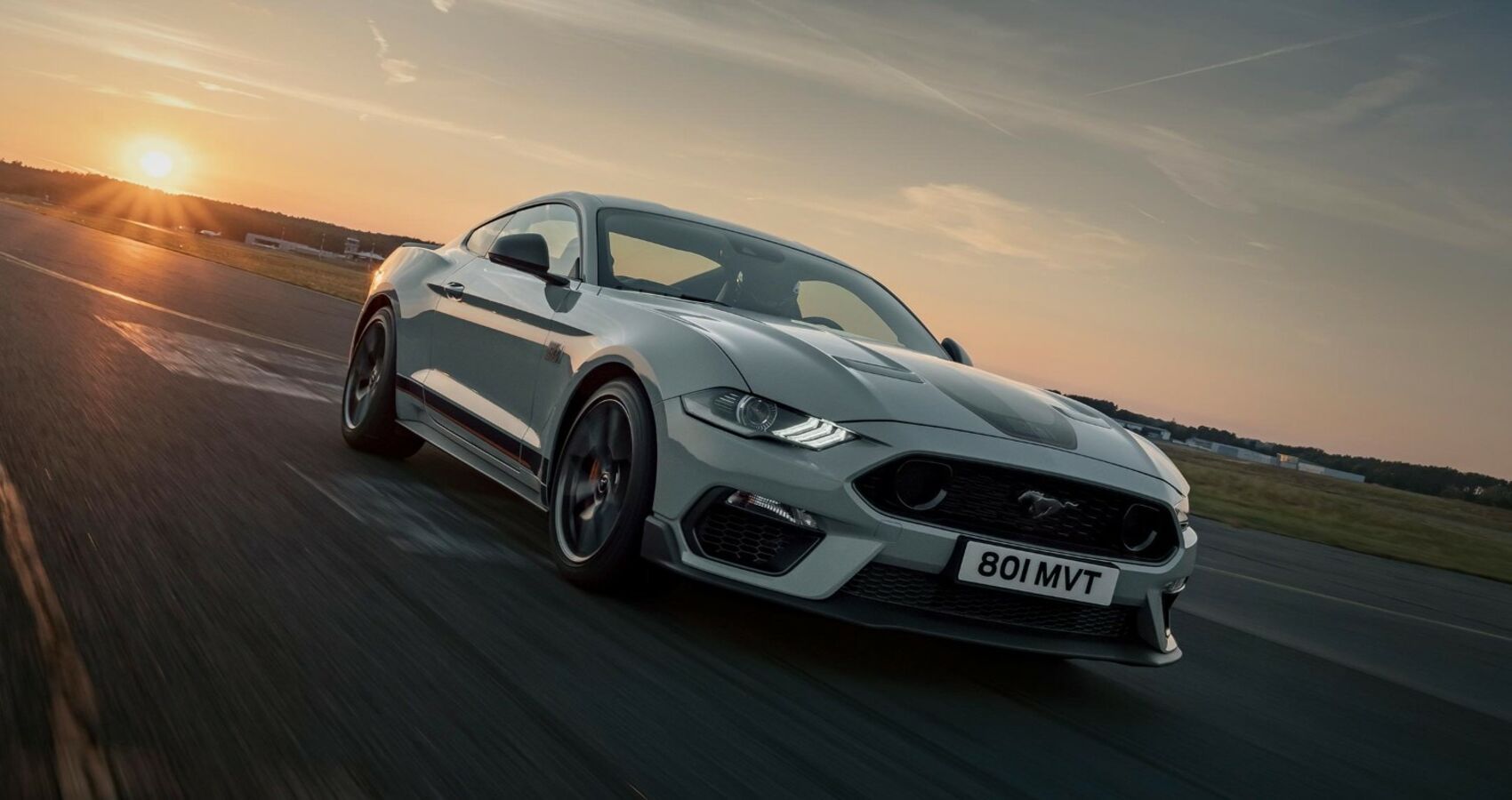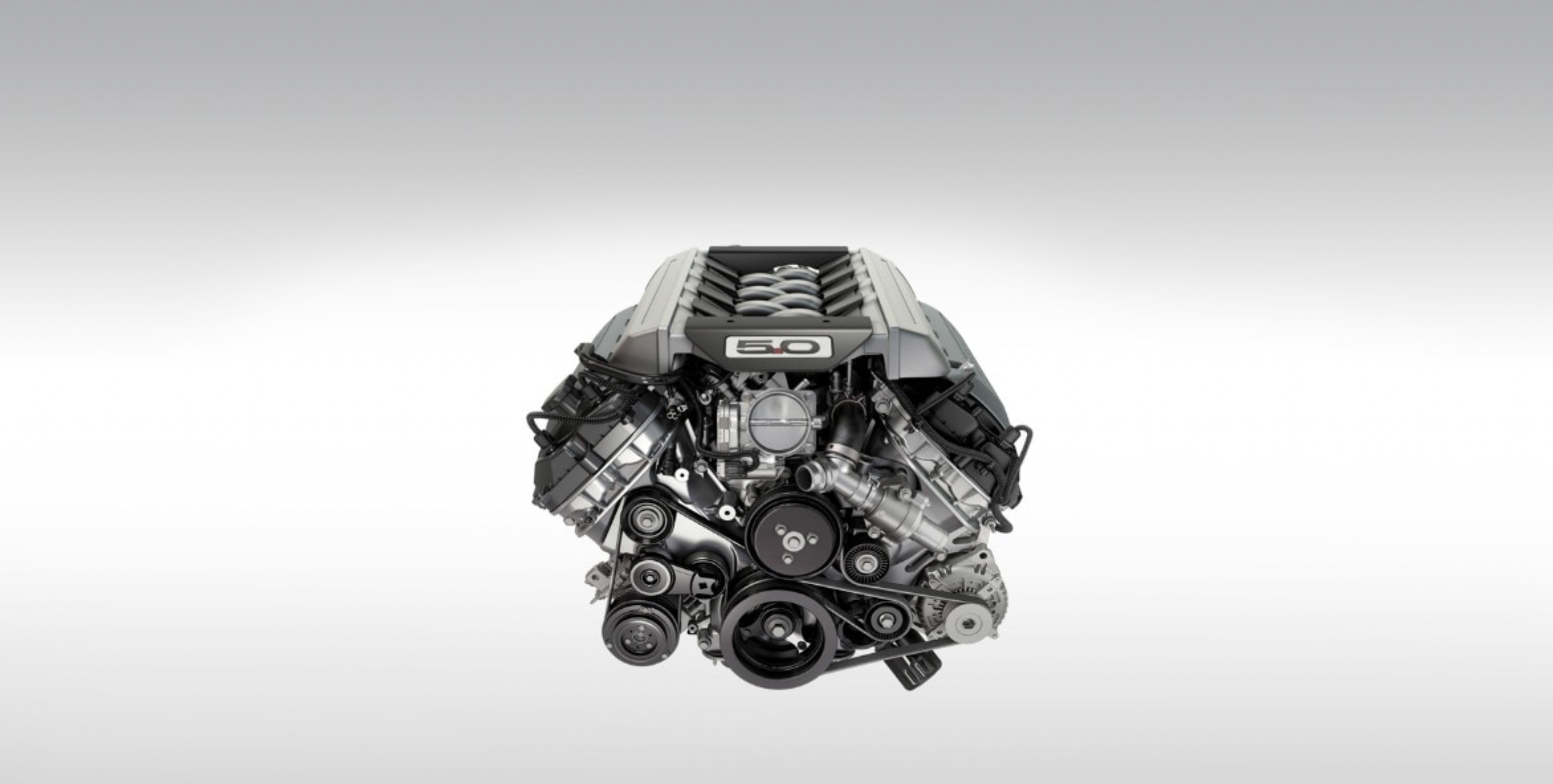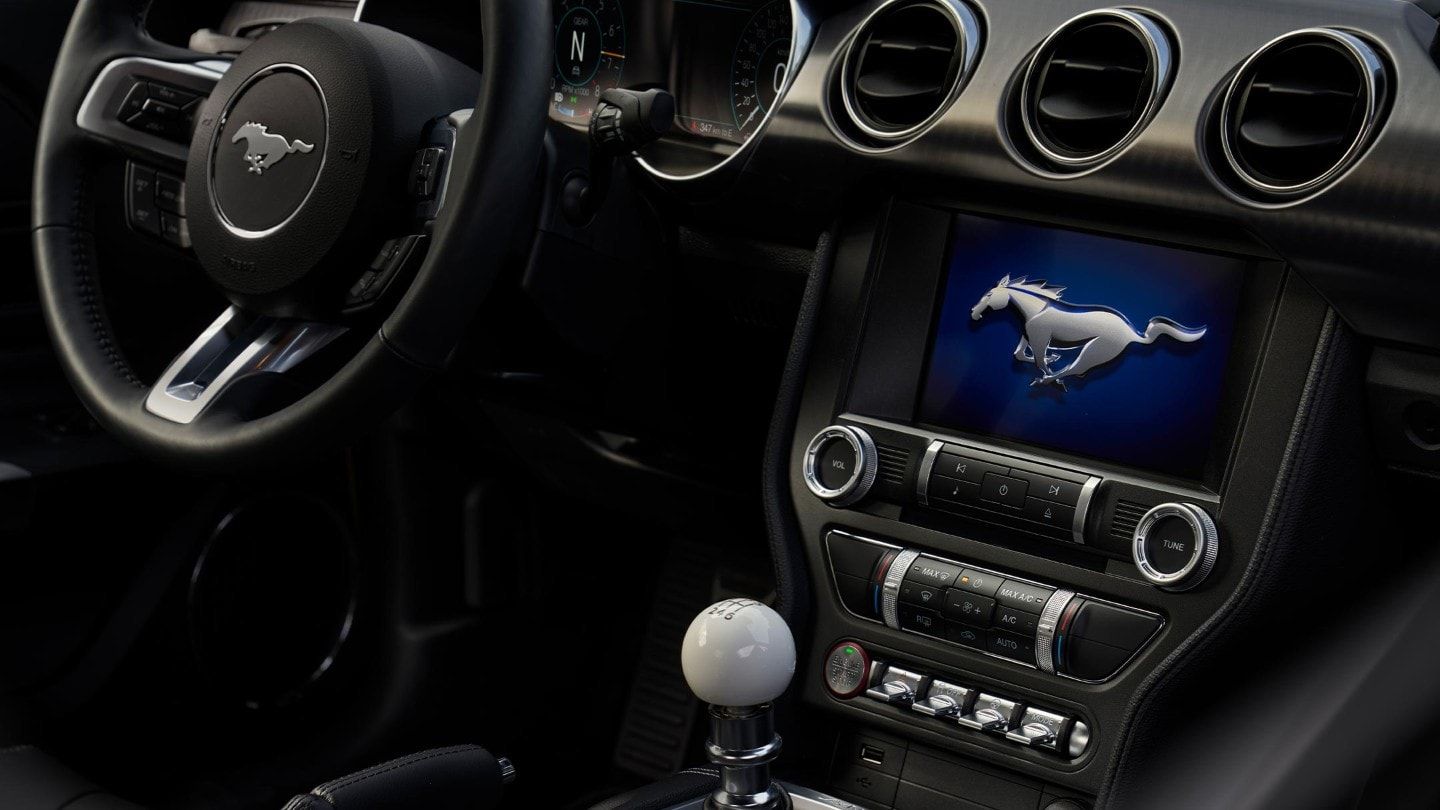There are a lot of expectations around the next generation of Ford Mustangs, and while there is no official data yet from the company, some hints have the gearheads community very excited. The rumor is that despite Ford's latest trend towards electrification, the new generation will keep the same naturally aspirated V8 Coyote engine. This last point was a key factor when deciding the specifications of the new fleet, as Jim Farley, CEO of Ford, stated in a media release: “Investing in another generation of Mustang is a big message at a time when many of our competitors are exiting the business of internal combustion vehicles.” As the blue oval makes such a statement, a new question arises: Can they afford not to give up carbon fueled engines?
Furthermore, how will different factors, such as carbon emission restrictions and global economy, affect the distribution of this new generation of Mustangs? Despite the carmaker having some other amazing EVs in their lineup it seems as if there are many factors the new fleet of Mustangs has to endure, while Ford still has to prove that this next generation is worthy of holding the title of the most popular sports car. Let’s see what challenges lie ahead for the Mustang.
A Gas-Fueled Engine In The Era Of Electrification
With the electrification race among companies already in progress, Ford has been making bold statements, some of them very contrasting. Earlier this month, Executive Chairman of Ford, Bill Ford, and CEO Jim Farley, presented the new fleet of the next Mustang generation at the Detroit Auto Show. At the event, there was absolutely no mention of electric vehicles or sustainability, compared to previous events where Jim Farley pledged for the company electrification process while asking their distributors to undergo $1.2 million electric-vehicle certifications, in search of Tesla-like profits. The automaker is planning to make investments of $50 billion in EV growth through 2026.
Interestingly, the release of the Ford Mustang Mach-E had an unsteady reception at first, but is now positioning Ford in third place in EV sales world-wide. So, the question is, why would Ford insist on internal combustion vehicles? Truth is, there might be several reasons, but the reluctance of the public to embrace electrification must be a factor. Furthermore, Ford's Eco-Friendly Mustang is way more expensive than its other competitors, such as the Kia EV6 and Hyundai Ioniq 5. Overall, electric vehicles are still more pricey than the average cost of a gas-powered car, despite the fact that fuel savings can narrow that gap. Other causes may include public fear of running out of charge before reaching the destination, or even the current lack of infrastructure.
Carbon Emission Restrictions and Global Economy
As we mentioned, price is a decisive factor when choosing a vehicle. Despite the fact that EVs may be more expensive than their gas-powered counterparts, the next generation of Mustangs have some bumps in the road to overcome when it comes to pricing. Carbon emission restrictions are increasing, especially in developed countries such as those in Europe. Taxes upon high-rate carbon emission vehicles make them less competitive. Furthermore, some gas-powered cars are no longer allowed to circulate in certain cities due to their soaring carbon fingerprint. Independently of taxation, the sixth generation has already seen several price revisions throughout its years of marketing, as the V8 GT version went from around $47K up to $56K in the European market. These variations could increase if we consider the raging inflation that the global economy is going through today, particularly in Europe. As we see, the marketing of the new Ford Mustang has still a lot of obstacles ahead.
Young Public Skepticism Around Ford's Battle Horse
Last but not least, Ford has to face the fact that the younger age group ignores the Mustang legacy. Most of us are no stranger to the advantages offered by a Ford Mustang over other sports cars, but that is just not the case for the younger generations. In the era of TikTok, where everything seems evanescent, convincing Gen Z is not an easy task. In addition to this, the tendency shows a clear lean of the younger ones for eco-friendly policies, which challenges the market to offer more sustainable products. Ford is well aware of this subject and is willing to attract the younger population by all means: “There are a lot of late millennials and early Gen Z who are into the sports car segment, and we think we have some wonderful things in here that are going to draw them in,” Mustang brand manager Jim Owens affirmed according to a media release of Manila Times. It's still not clear how they will accomplish this task, but the reality is that energy supply aside, the next generation of Mustangs has a lot of great features to look forward to.
In any case, the Ford Mustang remains attractive to a loyal core of gearheads that are crazy to put their hands onto it as soon as they release the next model. In the words of the blue oval company: “We know that there are customers out there in the sports car segment who still want the internal combustion engine.” So far, the Ford Mustang seems to get away with it and remain being the most popular sports car in the auto industry. However, necessary changes will most likely be needed soon if they want to stay competitive in a demanding and ever-changing market.




